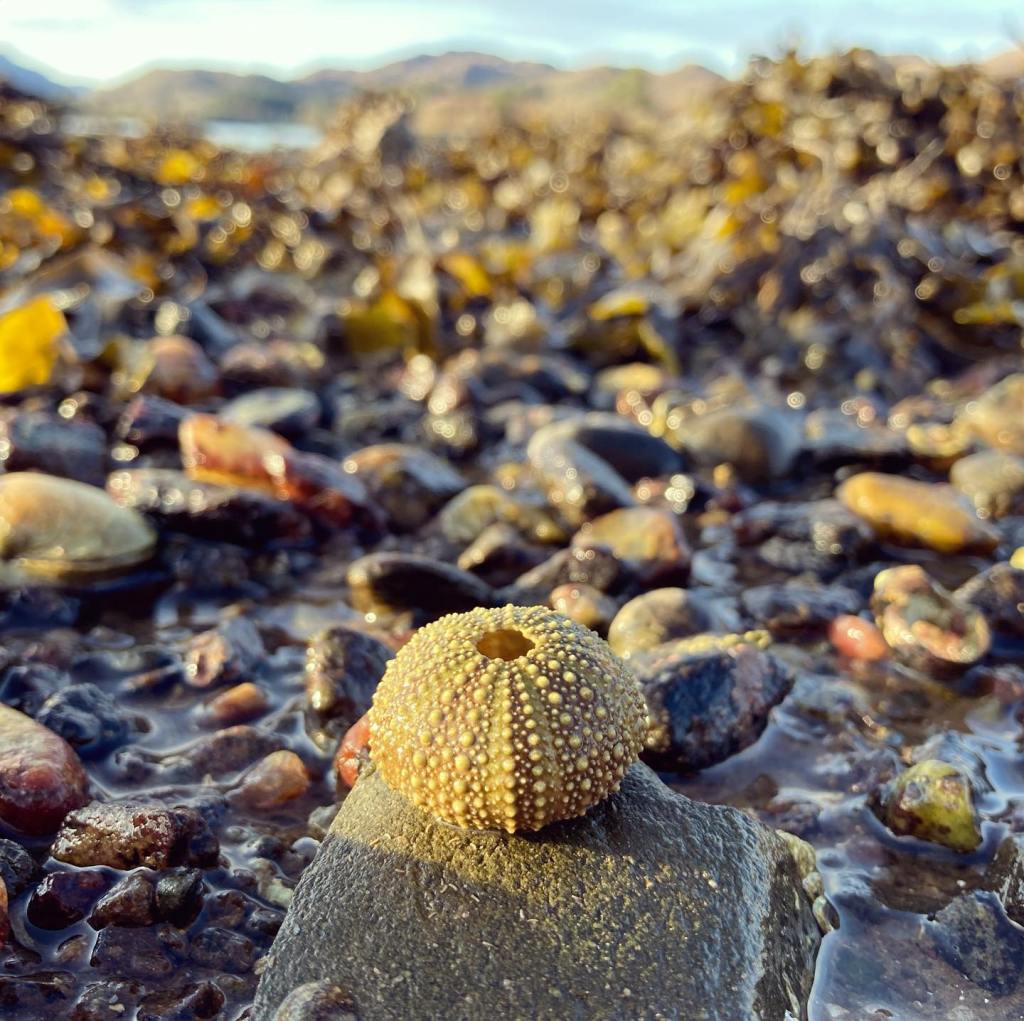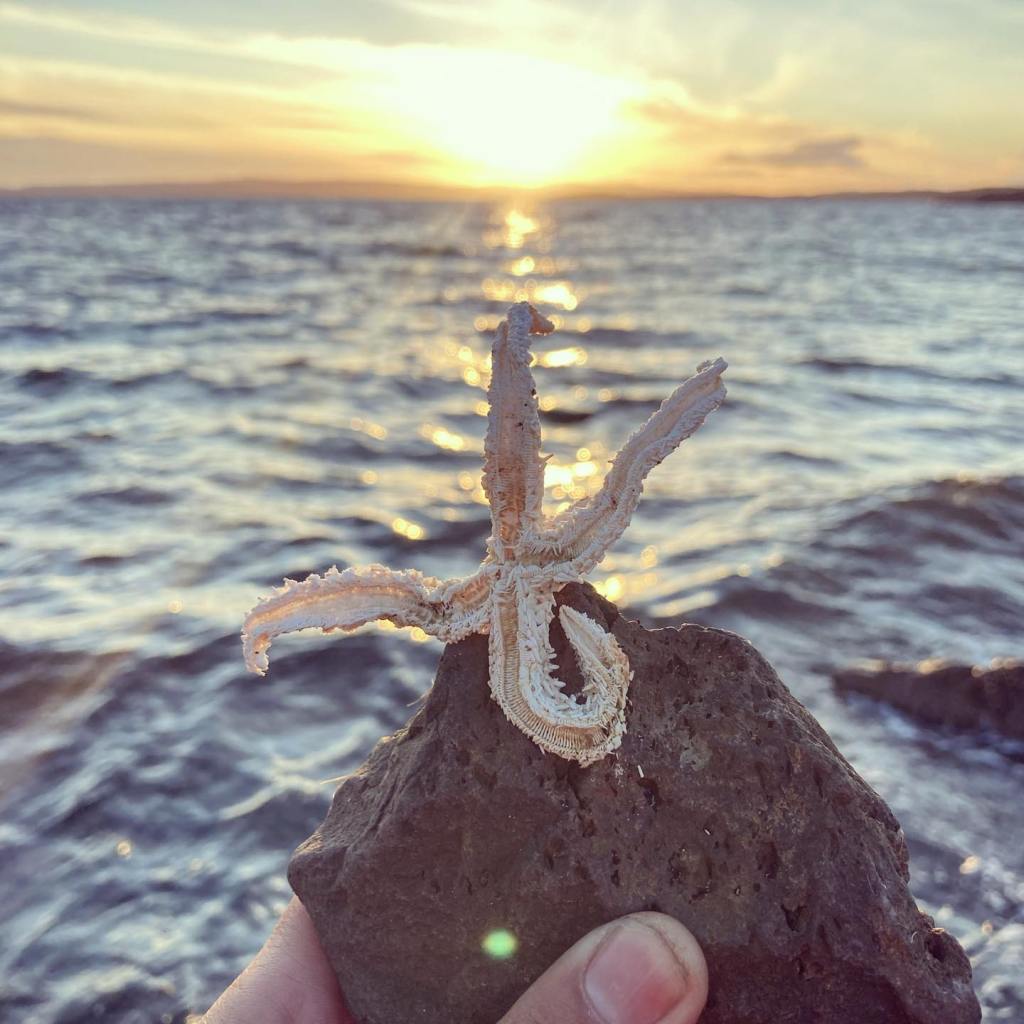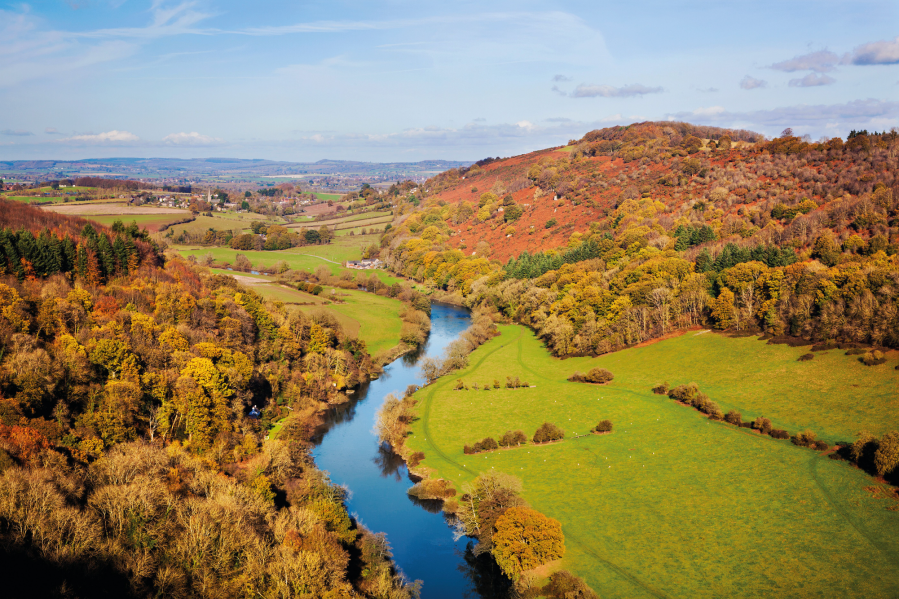Nadia Shaikh is hopeful our broken relationship with nature can be fixed – but has nagging doubts that the target-driven nature restoration written about in the new Labour government manifesto will get us there.
I have hope, let’s start there. This is different to optimism, and this distinction is key to where I am at with politics and its relationship to the campaign for the Right to Roam in England and Wales. My hope sits outside of manifestos, glossy promises and target-driven nature restoration. Optimism is simply reading the words “Labour will expand nature-rich habitats such as wetlands, peat bogs and forests…” and thinking, ‘Great, job done!’ Optimism is ignoring the nagging doubt; it’s celebrating promises without action because the reality is too hard to process. Hope, on the other hand, is what happens when you deeply engage with the reality of our human lives, how they are lived alongside nature, and how that nature is faring.
Main image: England’s rivers such as the Wye have become part of our sewage network | Credit: Shutterstock
Some of the biggest parts of me are those labelled Naturalist and Ornithologist, so talk of ‘wetlands and peat bogs’ turn my head, like a hare’s ear twitching in the direction of a possible fox. I’m listening. After all, a good peat bog locks away huge amounts of carbon, they’re floristically glorious and some of my favourite birds love them, such as dunlin and curlew. So, when Labour included this in their manifesto, there’s a wee skip of my heart. But then my internal reality check kicks in.
The Right to Roam in England and Wales
Before working for the Right to Roam campaign, I worked in nature policy for an NGO, and I was confronted with the fact that commitments, targets and promises from the previous government didn’t do anything significant for nature in my opinion. In fact, nature hasn’t stopped declining. The last 14 years of Conservative rule has resulted in huge cuts to funding for Natural England and despite claims to be ‘the greenest government ever’ and having a ‘legally binding’ Environment Act, HS2 happily ploughed through ancient woodlands and our rivers have become part of our sewage network – this is a tiny snippet of the damage that flourishes within our political landscape.
So, despite the fact that there are laws in place to protect nature and access to the countryside, we still have a system where our ecosystems are systematically eroded and the inequity in people accessing nature is huge. Ultimately when I read Labour’s commitments to nature and access, I feel dissociated from the words. This is because how I feel about nature, and the so-called solutions are nowhere near the same thing.

An urchin on the Isle of Bute. Credit: Nadia Sheikh
If I walk to the end of my road, I’m very lucky that I’ll find a pebbly beach. At low tide I can pick up a rock and find brittle stars, urchins, butterfish and shore crabs. Time stands still as I watch the brittle stars bend and curl their arms, I assume in protest to me exposing its hiding place. I’ll prod and poke around a bit and feel a joy that is ancient. The curiosity of a human meeting non-humans is a beautiful thing. Work permitting, I could spend the rest of the day going absolutely wherever I want (I live in Scotland) as long as I’m being responsible. I’m limited by domestic chores, earning income and how much food and water I’ve packed. This is when I feel the lines blur between human and the rest of the world; nature becomes an extension of myself.
My brittle star friend
So, when I’m asked about my opinion on the political climate regarding nature and access, I just feel a bit lost. Part of me wants to engage with Labour’s recent pledges. I could break them down for you here, if you like? But then, you could do a quick internet search and find dozens of NGO’s and other organisations takes on what the manifesto means. I’d maybe recommend doing that if you want to feel cautiously optimistic, or deeply sad depending on what you’re already looking for.
At the risk of sounding like a hippy, if I was to tell my brittle star friend not to worry about the parasites and pollution from the local salmon farm which is a skimming-stone’s throw away, because the government has made some vague nature restoration comments – how do you think it’d react? That’s where I’m at: the words don’t move me.

Nadia wonders what the brittle star would think of manifesto promises. Credit: Nadia Sheikh
How the hell, then, am I hopeful? From where I’m standing hope still shimmers like sunshine on starling feathers. It comes from the thousands of people who I have had the pleasure to work with during my career, it’s the lepidopterists and mycologists, these knowledge holders keep the names of our non-human kin. I get hope from the incredible grassroots groups such as The Sheffield Tree Action Group and The Friends of the River Wye, groups that just literally take action to protect nature, directly and with art and community to strengthen them.
I get hope from nature itself, that despite how quickly we’ve changed the landscape, it has found a way. It’s Paul Powlesland’s Sand Martins nesting in drainage pipes on the River Roding, it’s pavement flowers and ancient oaks having survived the axe. Lastly, it’s is my fellow Right to Roam campaigners who have brought this issue of access to nature into the mainstream. To be able to walk, camp and swim freely is what I get to experience every day. It is possible for this to be the case in England, too.
After hundreds of years of enclosures and default exclusion and the piecemeal approaches to divvying out bits of land to the unlanded for ‘recreation’, a right to roam now feels possible. This is hope.
Nadia Shaikh is a naturalist and ornithologist. She is co-director of the Right to Roam in England and Wales campaign and leads the Raven Network, a group for people of colour who work in the nature conservation sector.








